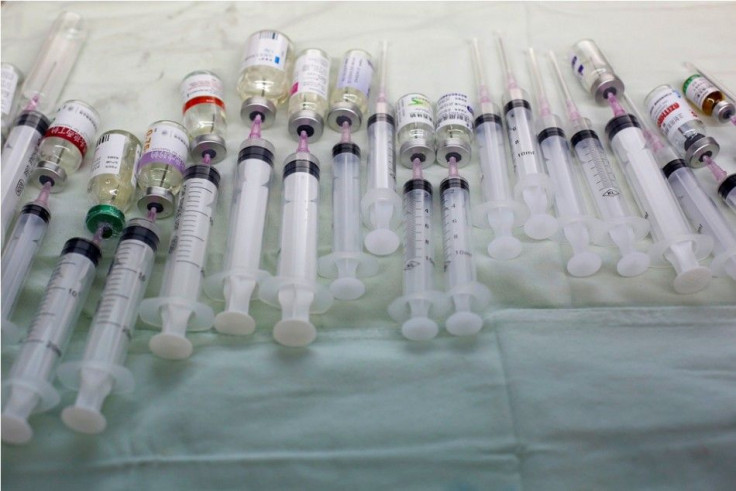Clinical trial shows vaccine removes precancerous cervical lesions

A genetically engineered vaccine has been tested to successfully treat high-grade precancerous lesions caused by human papillomavirus, or HPV, in women during a clinical trial. According to researchers from John Hopkins University School of Medicine, all standard therapeutic options for women with these lesions destroy part of the cervix, putting the patients at risk of preterm birth. A vaccine that can cure precancerous lesions, they say, could lead to avoiding invasive surgery that can harm fertility.
High-grade cervical lesions, referred to as CIN2/3, occur most often in women 40 years old or younger, said the study’s first author, Dr Cornelia Trimble, a professor of gynecology and obstetrics, oncology and pathology at the Johns Hopkins University School of Medicine. Since these lesions can progress to cancer, they are usually removed by surgery, freezing or laser, which are successful in approximately 80 percent of women, according to Trimble.
In the study, which appeared online in The Lancet, the team used a vaccine originally developed by University of Pennsylvania scientist David Weiner. The vaccine is engineered to teach immune system cells to recognise precancerous and cancerous cells. The injection, administered into the arm, is manufactured by Inovio Pharmaceuticals Inc. The company funded the clinical trial, and its employees co-authored the report with Trimble.
The scientists gathered 167 women, ages 18 to 55, who are suffering from newly diagnosed, high-grade precancerous cervical lesions. The women, after receiving either three doses of the vaccine or saline injections, were given a small electric pulse at the site of the injection.
According to Trimble, cells near the electric pulse open their pores, which increase the probability for the vaccine to be absorbed by immune system cells. The clinical trial was conducted over a 12-week period at 36 hospitals and private gynecology practices in the U.S. and six other countries.
The study found that of 114 women who received at least one vaccine dose, more than 48 percent had their lesions disappear or converted to low-grade lesions. Of those who received saline injections, 30 percent experienced a regression of their precancerous lesions.
Among the participants who completed all three doses of either the vaccine or saline injection, scientists noticed an increase in percentage of regression as well as the disappearance of HPV from most of the women’s cervixes. The clearance of the virus is a significant bonus because persistent HPV infection is a major risk factor for recurrence of cervical lesions, Trimble said.
According to Trimble, the study also signifies that the vaccine may enable an immune response in a person to avoid the occurrence of lesions. She said that precancerous lesions are unlikely to progress to cancer during the vaccine treatment period. “It typically takes about 10 or more years for precancerous cells to become cancer, so there is a window of opportunity to intervene with nonsurgical approaches to reverse the process of viral-associated cancers,” Trimble added.
The team is now working to identify biomarkers from cervical tissue that can predict which lesions are more likely to persist and eventually progress to cancer. Trimble is also studying other types of vaccines to prevent the progression of high-grade cervical lesions to cancer.
Contact the writer at feedback@ibtimes.com.au or tell us what you think below.




















